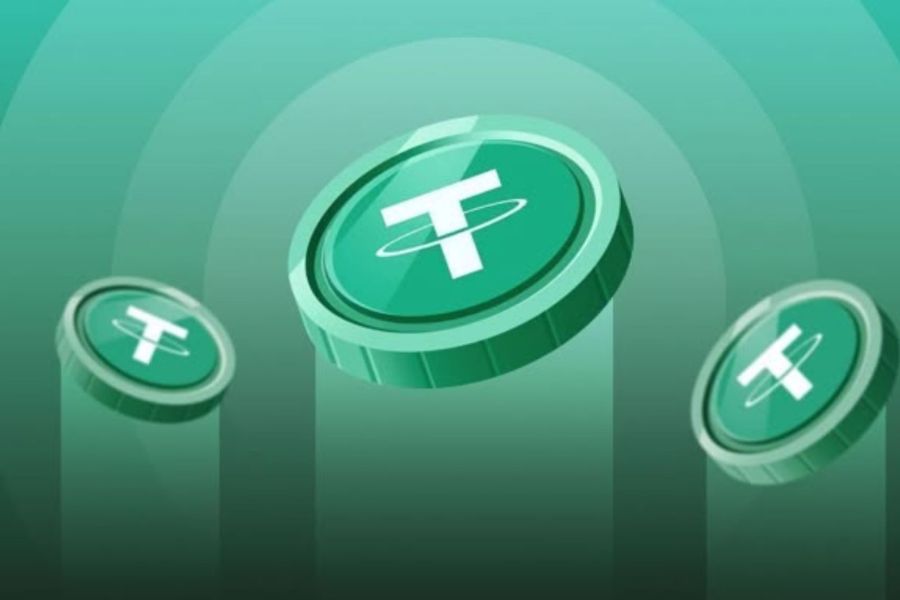Decentralization has been one of the most disruptive advancements in the financial world. The rise of DeFi (Decentralized Finance) has enabled the creation of a completely new and accessible financial system without the need for intermediaries like banks. Loans in DeFi are one of the clearest examples of this innovation, allowing users to access funds without the complexities of traditional systems.
What Are Loans in DeFi?
Instead of relying on a traditional financial institution, like a bank, to get a loan, DeFi platforms allow users to borrow or lend cryptocurrencies directly to each other using smart contracts. These contracts are self-executing programs that run on the blockchain, ensuring that the loan terms are automatically met without the involvement of an intermediary.
How Do DeFi Loans Work?
The process of borrowing in DeFi can be broken down into the following steps:
Loan Request and Offer:
Borrowing a loan: Users who need funds can request a loan by depositing cryptocurrency as collateral. The amount they can borrow depends on the collateral they offer and the platform used. Unlike traditional loans, there is no credit check.
Lending funds: Lenders, on the other hand, can offer their cryptocurrencies in exchange for interest. DeFi platforms use algorithms to determine interest rates, which are generally more competitive than those of traditional banks.
Collateral and Risks: In the DeFi system, loans are secured with collateral (usually in the form of cryptocurrency). This means that if the borrower cannot repay the loan, the DeFi platform can liquidate the collateral to cover the unpaid loan value.
Smart Contract: Smart contracts are essential in this process. They act as an agreement between the lender and borrower that sets the loan terms (amount, interest rate, duration, etc.). Additionally, they ensure both parties fulfill their commitments, such as loan repayment.
Automatic Liquidation: If a borrower fails to repay their loan or if the collateral loses value below a certain threshold, the smart contract can trigger an automatic liquidation of the collateral to cover the loan value.
Examples of DeFi Loan Platforms
Several popular DeFi platforms allow users to lend and borrow cryptocurrencies. Some of the most well-known include:
Aave: Aave is one of the most popular platforms in the DeFi space. It allows users to borrow or lend a wide variety of cryptocurrencies. Aave stands out for its “flash loans,” which allow users to borrow without collateral, as long as the loan is repaid within the same transaction.
Compound: Compound is a platform that allows users to lend and borrow cryptocurrencies in a straightforward manner. Borrowers provide collateral, and the interest rates are adjusted based on supply and demand. Lenders, in turn, earn interest on the cryptocurrencies they lend.
MakerDAO: MakerDAO is another key player in the DeFi space. Its platform allows users to borrow Dai (a stable cryptocurrency) by creating a “collateralized debt position” (CDP), which is a contract that uses cryptocurrency as collateral. If borrowers fail to meet payments, MakerDAO can liquidate the collateral to recover the borrowed funds.
Advantages of DeFi Loans
Accessibility: No need for a bank account or to go through the bureaucratic processes required by traditional banks. You can borrow at any time and from anywhere.
No Intermediaries: There are no banks or institutions taking a cut of the loan. Smart contracts handle the entire process in a transparent and automatic manner.
Competitive Interest Rates: DeFi platforms often offer more attractive interest rates, both for borrowers and lenders.
Total Control: Users maintain full control over their assets. Smart contracts ensure that conditions are met without relying on a centralized entity.
Risks and Challenges
While loans in DeFi offer many advantages, they also carry certain risks:
Cryptocurrency Volatility: The value of cryptocurrencies can fluctuate dramatically, which could cause your collateral to depreciate quickly, putting your loan at risk.
Smart Contract Risks: Smart contracts may have vulnerabilities that attackers could exploit. Although many projects conduct security audits, there is always the risk of bugs in the code.
Lack of Regulation: The DeFi market is still in its early stages and lacks the regulatory oversight that traditional financial institutions offer, creating uncertainty around user protection.
DeFi loans represent an innovative financial solution that removes the need for banks and intermediaries, offering a more accessible, faster, and cost-effective way to access financing. While the DeFi market is continuously evolving and has its risks, its growth and popularity continue to gain momentum. As more people become familiar with these concepts and platforms, decentralization could very well be the future of the global financial system.





